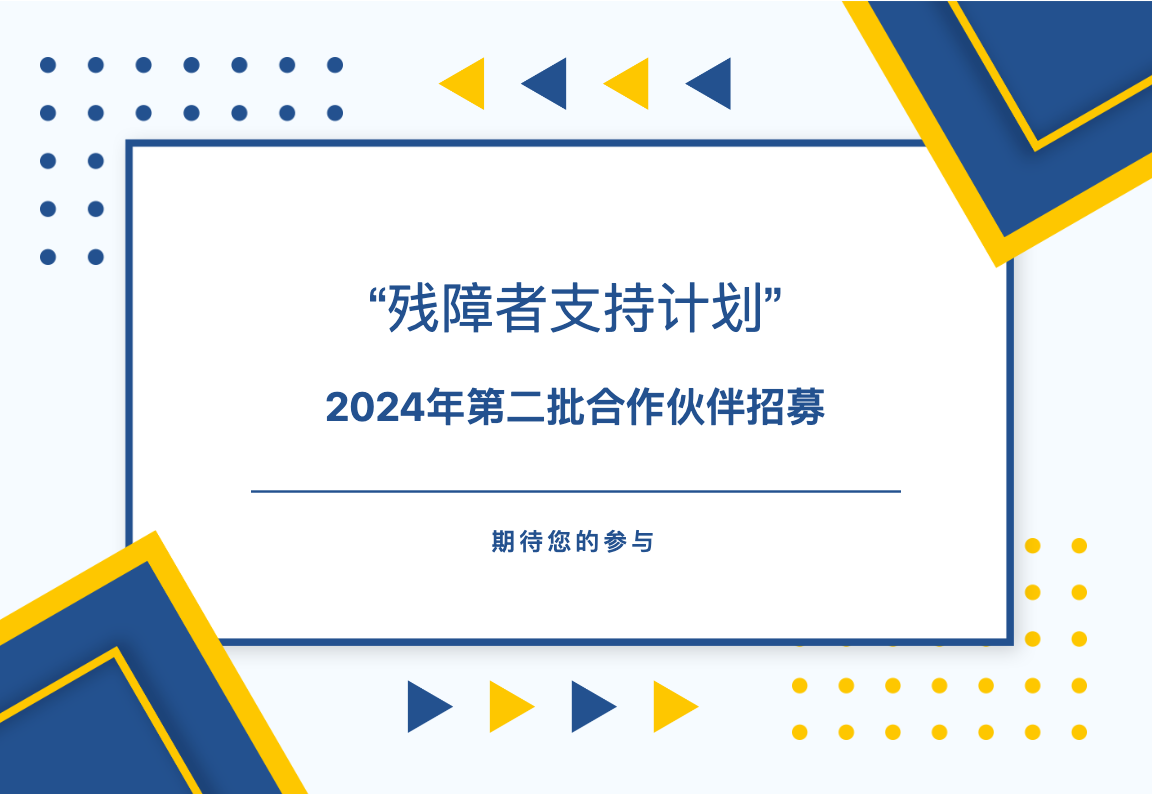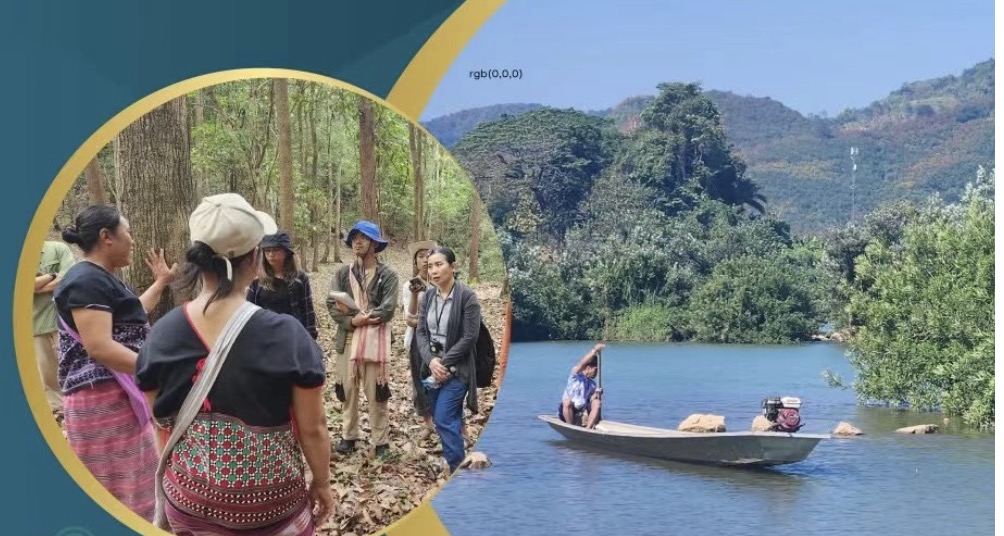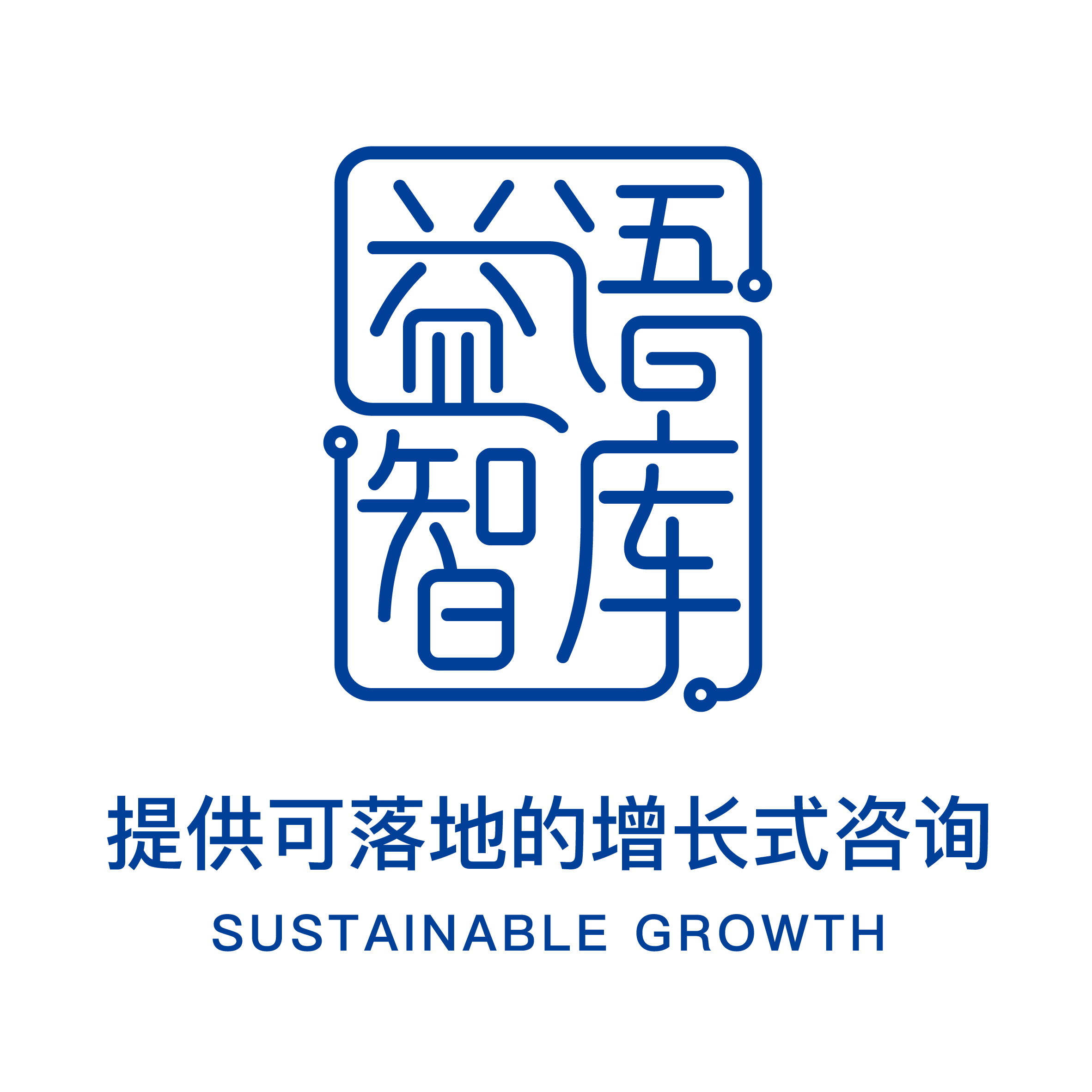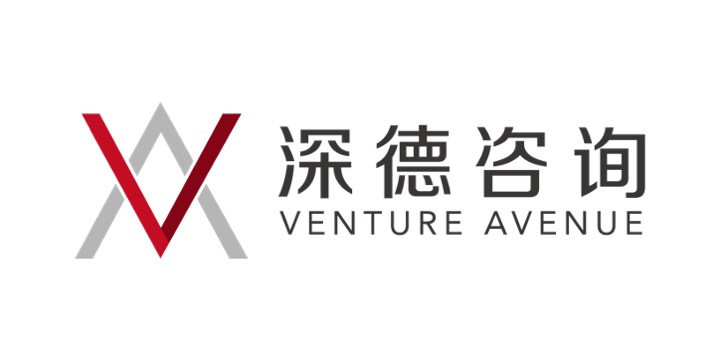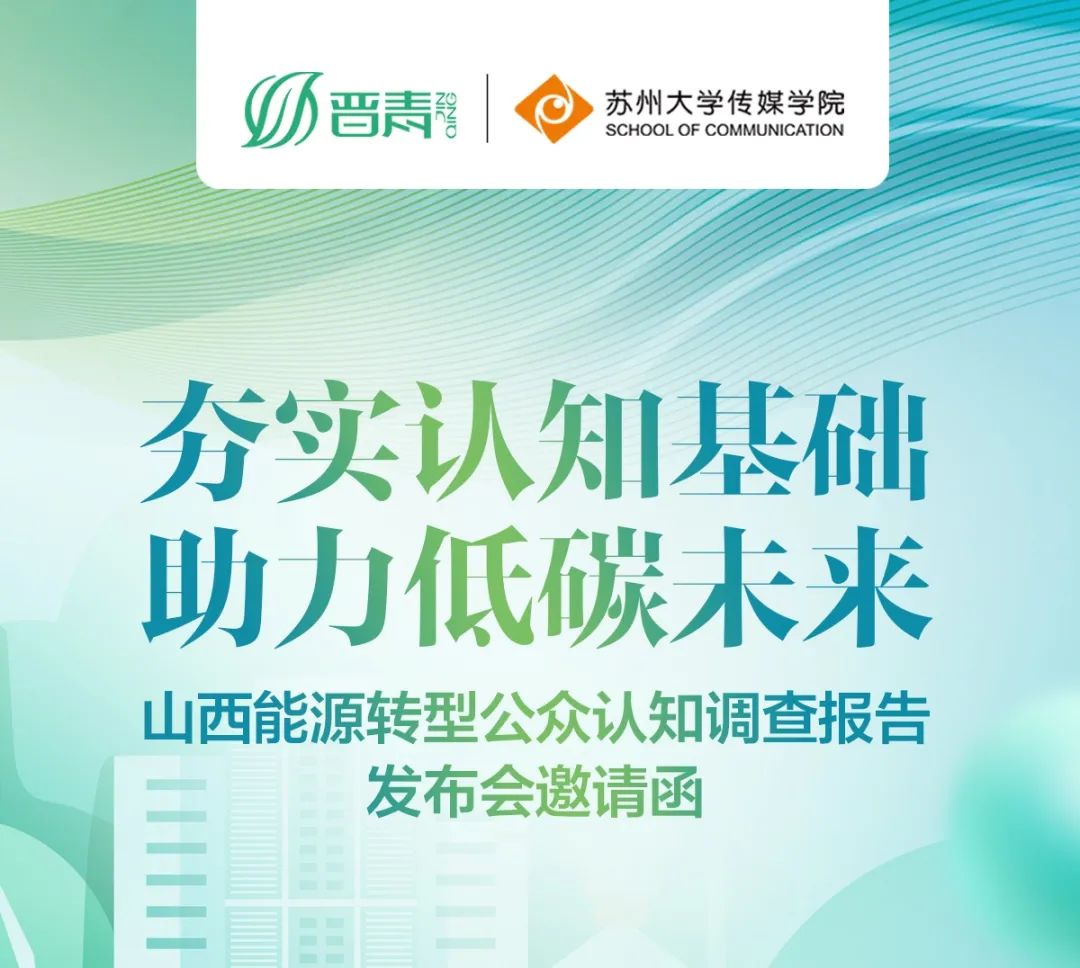 2022-03-25
2022-03-25
 297
297加拿大资助地方活动基金(CFLI)年度简要项目书征集
加拿大驻华大使馆很高兴推出加拿大资助地方活动基金(CFLI)年度简要项目书征集。
项目简介
加拿大资助地方活动基金项目(简称为CFLI或加拿大基金),提供小额赠款,以支持发展中国家的小型但影响重大的项目。这些项目符合加拿大全球事务部 注的优先主题。该基金主要针对当地合作伙伴构想和设计的项目,被资助项目由加拿大驻华大使馆选择以及审批。与此同时,通过深化接触和支持当地项目,加拿大资助地方活动基金帮助支持加拿大与受援国及其民间社会之间的积极双边关系。
CFLI的平均资助基金为$10,000-$40,000 加元。请参阅货币转换器以获取当地货币等值 请注意,所有捐款均以加元支付,然后转换为当地货币。
如何报名
所有2022-2023年度CFLI项目的计划活动应于2023年2月28日之前完成(对于跨度为两年的项目,则应于2024年2月28日前完成)。
简要项目书提交截止时间为2022年4月20日 23:59 (GMT+8)。 在此截止日期之后提交的申请将不予考虑。 简要项目书应以电子方式提交至以下电子邮箱:BEJING.CanadaFund-FondsCanadien@international.gc.ca
只考虑使用指定申请表并包括所需预算文件的提案。
有关符合CFLI资助条件的活动类型和费用的更多信息,请参阅CFLI批准的活动和费用列表。
简要项目书必须用英文,法语,或中文填写。
项目提案必须明确回答CFLI项目申请表中的所有问题,包括所需的基于性别的分析。 拟议的项目预算应概述拟议的活动和相关费用。
评估委员会将根据功绩评估申请。
由于申请量很大,只有入围候选人将被通知。
如欲进一步了解如何申请加拿大基金的更多信息及获取申请表格,请联系: BEJING.CanadaFund-FondsCanadien@international.gc.ca
依据加拿大全球事务部的信息管理政策,项目申请将在使馆中存档。
两年项目
根据项目目标和活动完成情况,可以允许跨越两个财政年度(2022年4月-2024年3月)的项目。
有资格申请CFLI基金的组织
符合条件的接受资助机构包括:
当地非政府、社区和非营利组织
从事当地项目的当地学术机构,
从事当地发展活动的国际非政府组织,
从事当地发展活动的政府间、多边、区域机关、组织和机构,
从事当地项目的市政、区域或国家政府机构或接受资助国家的机构,
从事当地发展活动的加拿大非政府组织和非营利组织。
CFLI的大部分资金将用于当地民间社会组织(包括非政府组织)和其他在当地工作的机构。其他实体,如国际、政府间、多边和区域组织也有资格获得资助,前提是它们与当地合作伙伴合作,同时合作的项目符合CFLI的目标。同样,市政、区域或国家政府机构也可以获得资金,前提是其项目本质上是归属于当地的。 CFLI一直在寻求资助可以产生可衡量结果的创新型项目。
优先领域
所有项目必须符合至少下述一项CFLI指定的优先领域:
促进性别平等及妇女和女童的赋权。
包容性治理,包括鼓励多样性、民主、人权和法治。
维护人类尊严,包括健康、教育和营养方面。
适合所有人的发展方向,包括妇女的经济权利、体面的就业机会和创业机会,对最贫困和脆弱的群体进行投资扶助,并维持稳定的经济收益。
改善环境和气候的行动,重点是适应和缓解气候变化的行动以及对水资源的管理。
基于性别的分析(GBA)
2017年,加拿大通过了一项《女权主义国际援助政策》,推动性别平等和赋予妇女和女童权力,这是减少贫困并建设一个更具包容性、和平与繁荣世界的最有效途径。根据这项政策,基于性别的分析将成为CFLI项目申请流程的必要组成部分。这一变化的目的是提升CFLI项目性别平等的成果。
基于性别的分析将要求申请人:
考虑他们项目旨在解决的问题对妇女、女童、男性和男童的不同影响,包括确保项目不会造成任何伤害;
在项目书制定过程中咨询妇女和/或女孩的意见;以及
确保妇女/女孩的意见为项目设计提供信息。
咨询内容包括但不限于:与当地社区的女性和女童交谈;与服务于当地社区的民间社会组织里工作的女性和其他个人交谈;对那些了解当地社区的女性和男性决策者和变革者交谈。
如果未完成性别分析,则可能会影响对您项目书的考虑。
符合条件的项目费用
以下项目费用符合CFLI资助:
会计费用
与项目相关的行政和管理费用(不得超过全部资助资金的15%),
倡导和推广相关费用,
与租赁和/或购买和/或建设基础设施有关的资本和/或运营支出,
公民教育费用,
会议和活动支出,
接受资助机构获得服务的费用,
国内差旅费用,尽可能使用最低票价但不超过全额经济舱票价,
环境评估费用,
设施费用,
设备租赁或采购(仅限采购是为实现项目目标的必要花销,体现物有所值,且为了体现设备可持续性,接收者必须有很强的保养及维护到位计划
招待费,不包括酒精饮料的费用,
安装、维护、运输和/或运输成本,包括燃料、计算机和通讯设备,
租车费用
法律费用,
医疗费用,
其他与项目有关的支出
出版费用,
电台和电视广播费,
研究相关费用,
与该项目有关的工资或津贴花销,
安保费用,
培训和能力建设的支出,
笔译和口译费用,
车辆和设备的操作、安装和/或维护费用,
网站开发和相关费用,
以下费用不适用于CFLI资助:
核技术和设施的费用,
协助军事或准军事组织的费用,
礼品费用,
奢侈品费用,
直接向政府提供的财政支持,
种子基金及/或者微型金融,
组织的核心资金或组织的经常性费用,
捐赠合同签署之前或到期之后发生的费用。
The Embassy of Canada in China is pleased to launch its annual call for proposals for the Canada Fund for Local Initiatives (CFLI).
Program description
The CFLI is a program designed to support small-scale, high-impact projects in developing countries, which align with Global Affairs Canada's thematic priority areas for engagement. The program is directed at projects conceived and designed predominantly by local partners. Projects are selected and approved by the relevant Canadian embassy or high commission. The CFLI also serves to support positive bilateral relations between Canada and recipient countries and their civil societies, by deepening contacts and supporting local endeavours.
The average CFLI contribution is in the range of $10,000 - $40,000 Canadian Dollars. Consult the currency converter for local currency equivalents. Please note that all contributions are made in Canadian dollars and then converted to the local currency.
How to apply
All projects must be completed between the date of signature of the Contribution Agreement and February 28, 2023 (and for projects which span 2 years, they should be completed by February 28, 2024).
The deadline for submission is April 20, 2022 at 23:59 (GMT+8). Applications submitted after this deadline will not be considered. Proposals should be submitted electronically to the following email: BEJING.CanadaFund-FondsCanadien@international.gc.ca
Only those proposals using the designated application form and including the required budget document will be considered.
For more information on the types of activities and costs that are eligible for CFLI funding, please refer to the list of CFLI approved activities and costs.
Proposals must be completed in English, French or Chinese.
Project proposals must explicitly answer all questions in the CFLI project application form, including the required gender-based analysis. The proposed project budget should summarize the proposed activities and associated costs.
Applications will be assessed for approval on their merits by a selection committee.
Due to the large number of applicants, only the successful candidates will be contacted.
To obtain an application form or for questions about the application process, please contact the CFLI Coordinator by email at BEJING.CanadaFund-FondsCanadien@international.gc.ca
Project applications are kept on file at missions in accordance with Global Affairs Canada's information management policies.
Two-year programming
Projects spanning 2 fiscal years (April 2022 to March 2024) may be permitted depending on the project objectives and the complexity of activities.
Organizations eligible to apply for CFLI funding
Eligible recipients include:
Local non-governmental, community and not-for-profit organizations,
Local academic institutions working on local projects,
International non-governmental organizations working on local development activities,
Intergovernmental, multilateral and regional institutions, organizations and agencies working on local development activities,
Municipal, regional or national government institutions or agencies of the recipient country working on local projects, and
Canadian non-governmental and not-for-profit organizations that are working on local development activities.
The majority of CFLI funding is to be directed toward local civil society organizations (including non-governmental organizations) and other institutions working at the local level. Other entities, such as international, intergovernmental, multilateral and regional organizations may be eligible for funding, provided they are working with local partners and on local projects that are consistent with the objectives of the CFLI. Similarly, municipal, regional and national government institutions may receive funding, provided that their projects are essentially local in nature. The CFLI is always looking to fund innovative projects that deliver measurable results.
Thematic priorities
All projects must align with at least one of the following CFLI thematic priorities:
gender equality and the empowerment of women and girls.
inclusive governance, including diversity, democracy, human rights and the rule of law.
human dignity, covering health, education and nutrition.
growth that works for everyone, including women's economic rights, decent jobs and entrepreneurship, investing in the poorest and most vulnerable, and safeguarding economic gains.
environment and climate action focusing on adaptation and mitigation, as well as on water management.
Gender-based analysis
In 2017, Canada adopted its Feminist International Assistance Policy to advance gender equality and the empowerment of women and girls as the most effective way to reduce poverty and build a more inclusive, peaceful and prosperous world. In alignment with this policy, the CFLI project application process now requires a gender-based analysis (GBA). The purpose of this change is to enhance the gender equality outcomes of the CFLI program.
A GBA will require applicants to:
consider how women, girls, men, and boys are affected differently by the problem their project is aiming to address, ensuring, at the same time, that the project does not cause harm;
consult women and/or girls in the development of their project proposal; and
ensure that the views of those women and/or girls inform the project's design.
Note that consultations can include, but are not limited to, speaking to women and girls from the local community, women and other individuals who work for civil society organizations that have worked in the local community and female and male decision and change makers who have knowledge of the local community.
Inadequate completion of a GBA may affect the consideration of your proposal.
Eligible costs
accounting costs
administrative and overhead costs related to the project (overhead should not exceed 15% of total CFLI contribution)
advocacy and lobbying related costs
capital and/or operating expenditures related to the lease and/or purchase and/or building of infrastructure
civic education costs
conference and event expenditures
costs of services received by recipients
domestic travel expenses, using lowest fares possible but not exceeding full fare economy class
environmental assessment costs
facilities charges
equipment rental, and/or purchase (only when the purchase is required to meet project objectives, reflects good value for money, and the recipient has a strong care-and-maintenance plan in place for equipment sustainability)
hospitality costs, excluding alcoholic beverages
installation, maintenance, shipping and/or transportation costs, including fuel, computers and communication devices
lease or rental of vehicles
legal costs
medical costs
miscellaneous expenses integral to the project
outreach, communication and information dissemination costs
publishing costs
radio and television broadcast fees
research-related costs
salary costs, including stipends, relating to the project
security costs
training and capacity building expenditures
translation and interpretation fees
vehicle and equipment operation, installation and/or maintenance
website development and related costs
The following costs are not eligible for CFLI funding:
nuclear technologies and facilities,
assistance to military or paramilitary organizations,
gifts,
luxury goods,
direct fiscal support to a government,
seed funding and/or microfinance,
core funding or recurrent costs of an organization
expenses incurred prior to the signing of the contribution agreement, or after it expires.
 表情
表情
 最热
最热














